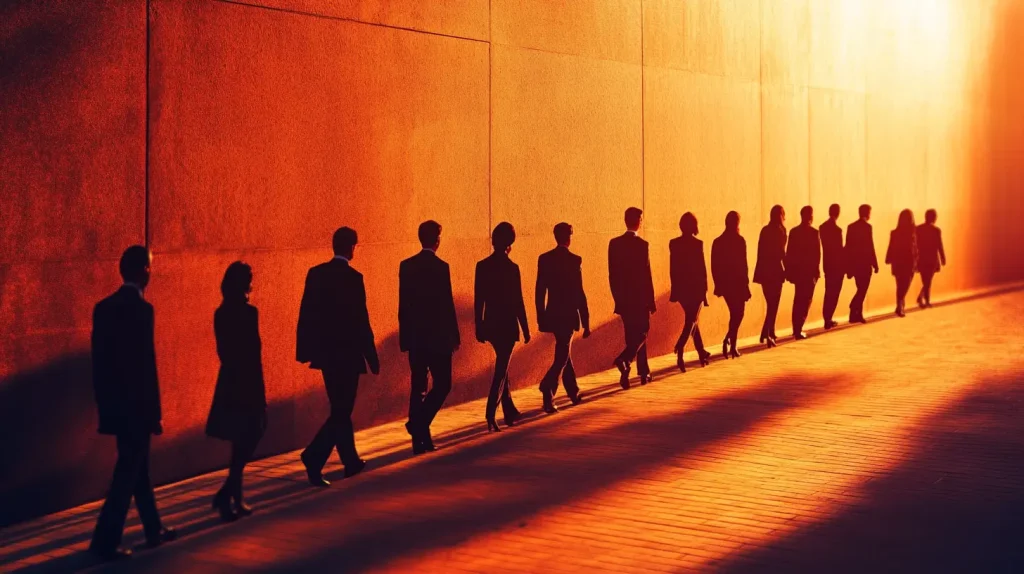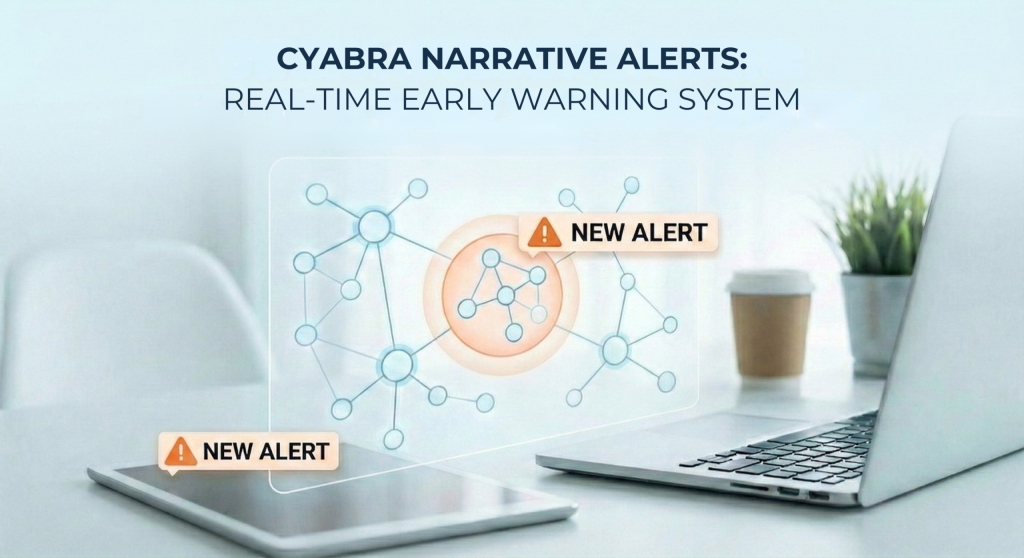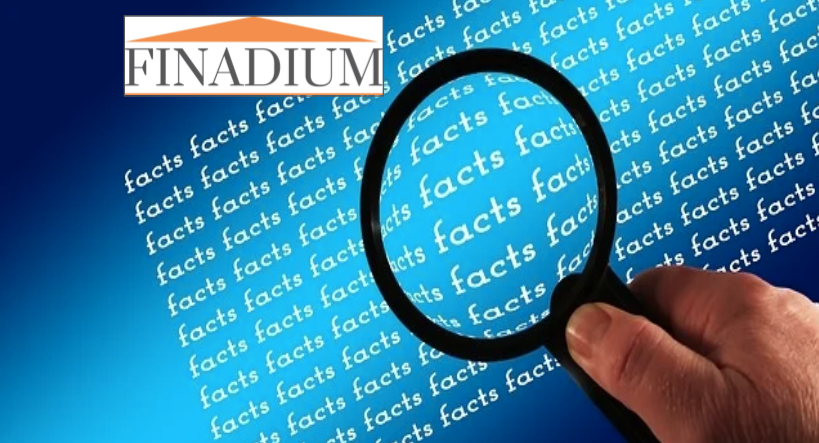A study done in 2018 by MIT found that false news stories are 70% more likely to be retweeted on X than true stories, and reach their first 1,500 views six times faster.
The study analyzed roughly 126,000 news stories on X (then known as Twitter), encompassing 4.5 million tweets by 3 million users from 2006 to 2017, with story veracity determined by six independent fact-checking organizations.
Among the news categories examined, false political stories spread more rapidly than those in other categories, which isn’t to say that the dissemination of fake news isn’t prevalent in other areas, such as the business sector.
With such alarming results, the question that poses itself is: ‘Why are humans so susceptible to disinformation?’ – It turns out, psychology has some answers.
Confirmation Bias
One of the biggest psychological factors that makes people believe and spread fake news stories is confirmation bias – a psychological tendency that makes us seek out, interpret, and remember information that aligns with our existing beliefs or preconceptions.
This bias can cause people to accept false news stories that confirm their worldview while dismissing contradictory information, even if it’s factual. Someone who already has negative views about a certain brand, political figure, or topic, is more likely to believe and share fake news about that subject without critically examining if it’s true or not.
Confirmation bias creates a self-reinforcing cycle where exposure to disinformation solidifies existing beliefs, and is further amplified by social media algorithms which display content that’s similar to what users have previously engaged with, creating echo chambers that perpetuate the spread of dis- and misinformation.
Bandwagon Effect
The bandwagon effect is a phenomenon where people tend to adopt beliefs, ideas, or behaviors simply because many others are doing so. This phenomenon isn’t exclusive to the spread of fake news – many advertising agencies, political campaigns, and social media influencers use the bandwagon effect to promote their products or ideas and persuade consumers to follow suit.

The prevalent psychological theory is that it’s tied to our evolutionary instincts for social survival and cognitive efficiency, combining our innate desire for group belonging with our brain’s tendency to use mental shortcuts in decision-making.
When individuals see a piece of news gaining traction, whether through likes, shares, or comments, they’re more likely to perceive it as credible and join in spreading it, often without verifying its accuracy. This social proof can override critical thinking, as people assume that if many others believe something, it must be true.
Dunning-Kruger Effect
While you may think that the less knowledgeable someone is about a topic, the less likely they are to talk about it – science suggests otherwise. The Dunning-Kruger effect shows that individuals with limited knowledge or expertise in a specific domain tend to overestimate their competence.
This leads them to speak confidently about their perceived expertise, as if they were actually knowledgeable about the subject. If their false information is reinforced by effects like confirmation bias or the bandwagon effect, it can rapidly gain momentum and spread further, especially if they are seen as an “expert” on the subject.
Belief Perseverance
Belief perseverance, also known as the backfire effect or conceptual conservatism, is the inability of people to change their own belief even when faced with clear, contradictory evidence that completely refutes said beliefs.
This cognitive bias plays a significant role in the persistence of dis- and misinformation, as people tend to double down on their existing views when challenged, rather than updating their beliefs based on new information.
It is especially problematic because belief perseverance contributes to the longevity of misinformation, and makes challenging false narratives nearly impossible once they’ve taken hold in an individual’s or group’s belief system.
Cognitive Dissonance
Cognitive dissonance occurs when a person holds two or more contradictory beliefs simultaneously, which psychologists say creates mental discomfort.
To alleviate this discomfort, individuals often refuse to accept the inconsistency, instead doubling down by justifying or rationalizing their existing beliefs, even when presented with evidence that challenges the inconsistency of their views.
How Cyabra Can Help Companies and Brands Tackle Disinformation
Despite efforts to minimize the effects of cognitive biases and human behavior, it’s difficult to put a stop to the spread of false information on social media due to the sheer amount of content that’s being created and shared.
Cyabra’s platform employs sophisticated AI technology that can protect your brand from the harmful effects of targeted disinformation campaigns by identifying false narratives before they gain traction, helping you maintain credibility and trust with your customers.


